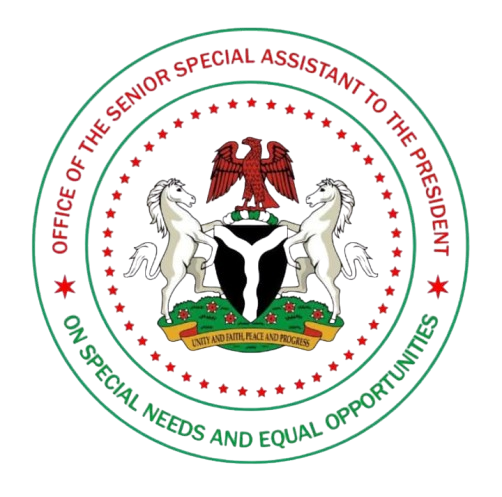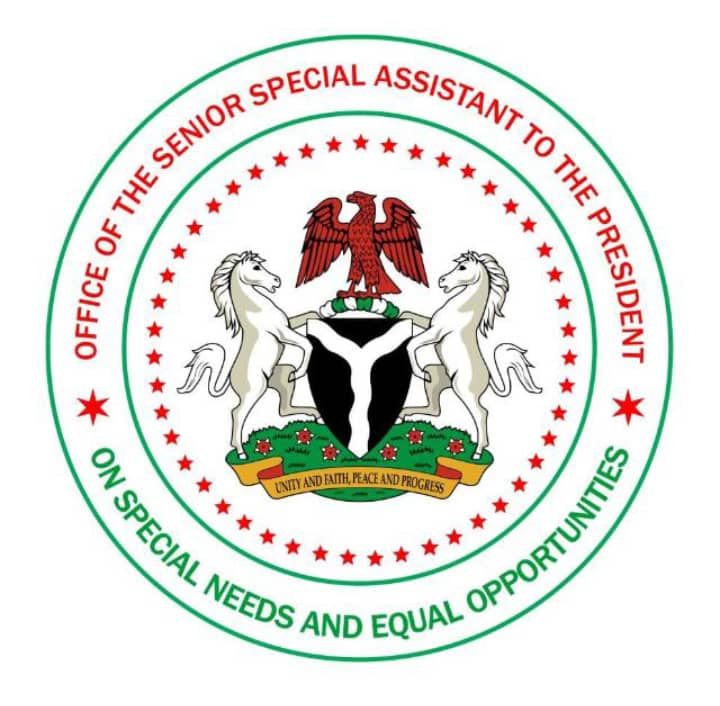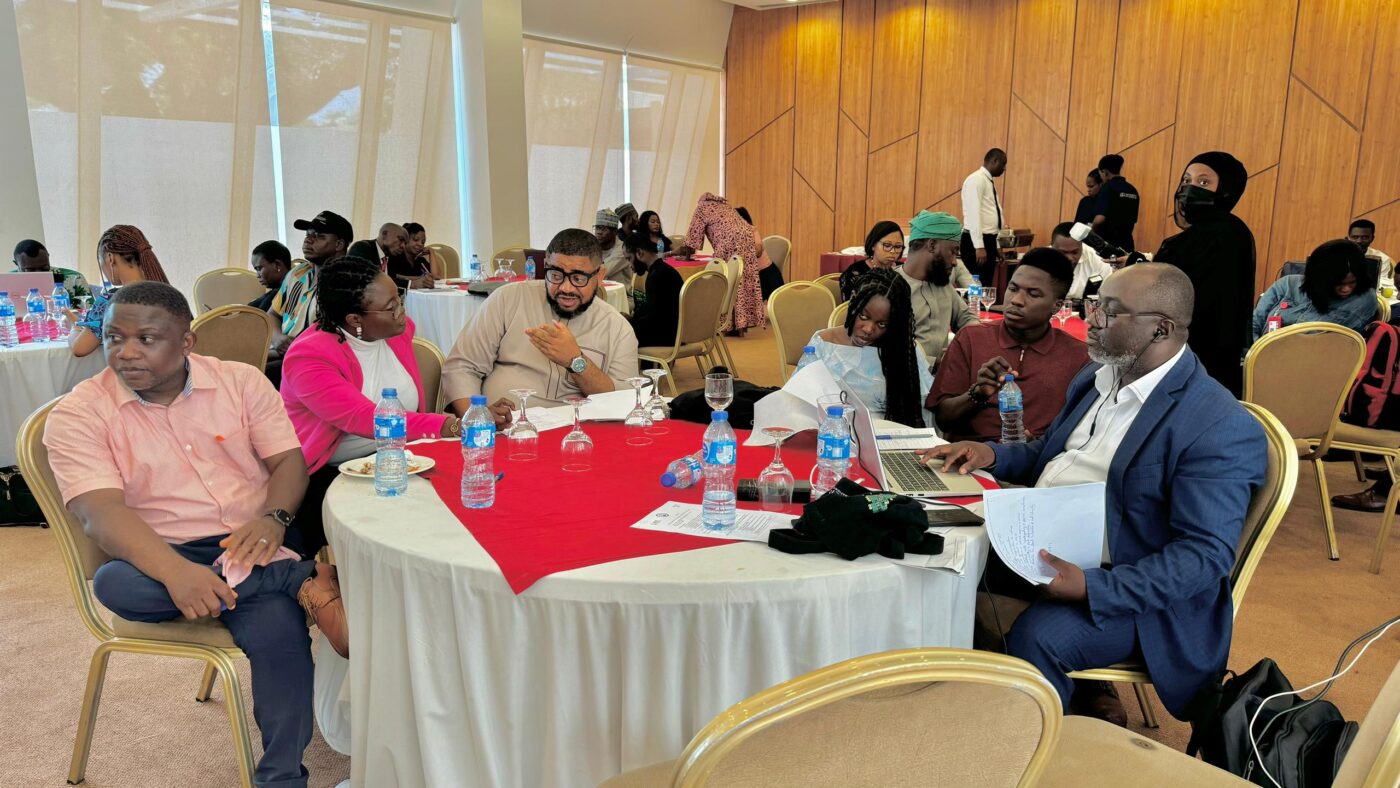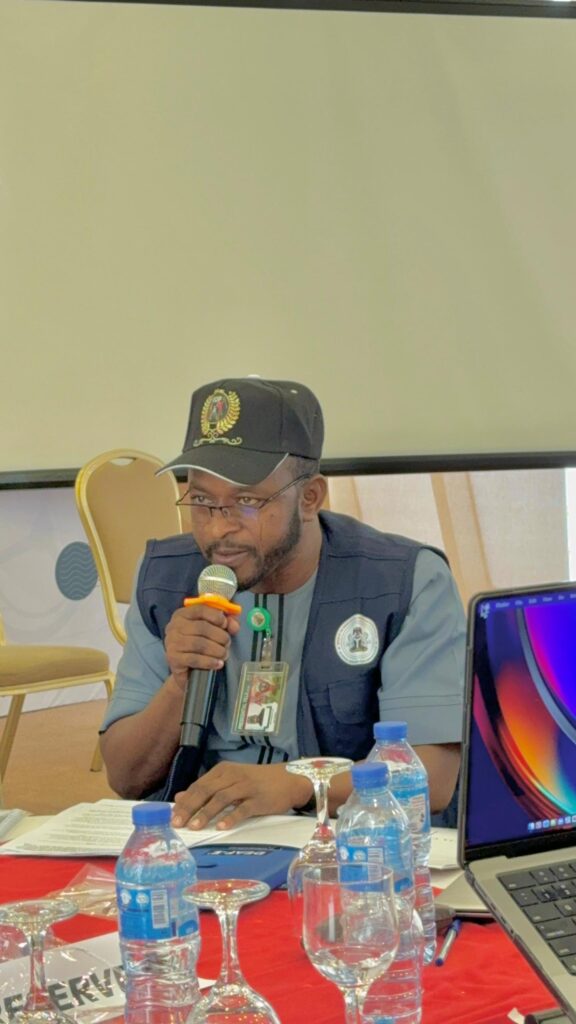
…Says upcoming Beyond Disability Project will create 36,551 jobs for PWDs
By Lanre Oloyede
Senior Special Assistant to the President on Special Needs and Equal Opportunities, Hon. Mohammed Abba Isa, has recommended key actions to be taken by both government and non-state actors to ensure that governance process is more inclusive, especially as it concerns catering for the needs of Persons With Disabilities, PWDs, in Nigeria.
Hon. Abba Isa gave the recommendations Tuesday at a Multi-stakeholder Forum on Disability Inclusive Governance in Nigeria organized by the House of Representatives Committee on Disability Matters in collaboration with the Accelerate Disability Inclusion in Emergencies (ADIE) Forum and the National Democratic Institute (NDI) in Abuja.
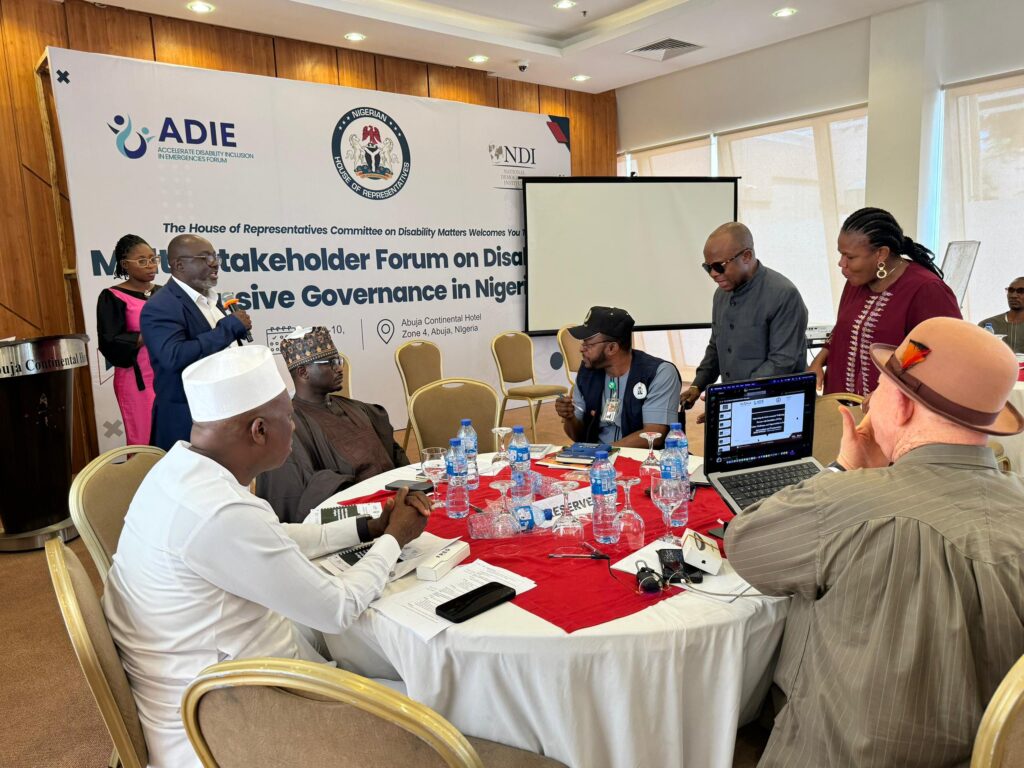
According to the organizers, the objective of the two-day event was to assess the successes and challenges of existing legislations and government policies on the socio-economic well-being of Persons with Disabilities (PWDs), and to build stakeholder consensus and commitments on specific inclusive governance initiatives that can be undertaken to improve the lives of PWDs in Nigeria.
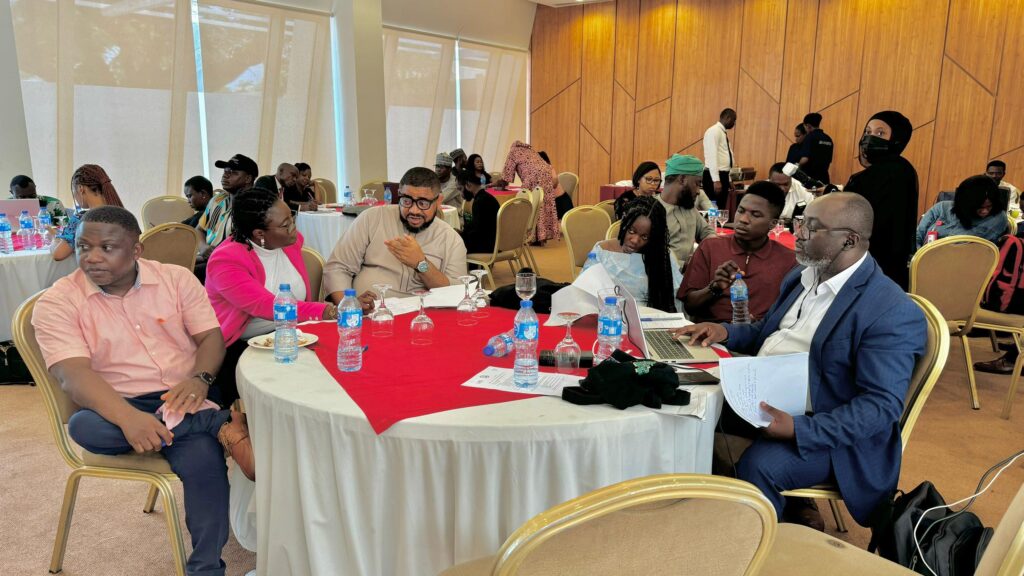
The Forum also provides a platform for structured dialogue between different stakeholders, including federal legislators, senior officials from the executive arm of government, Non-Governmental organizations (NGOs), international development partners, and the media.
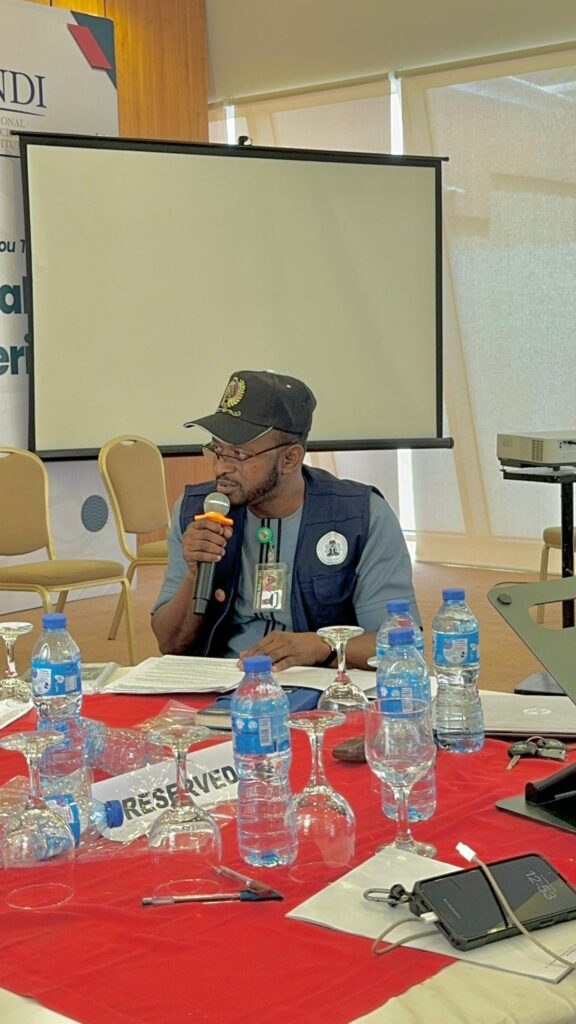
In his goodwill message, the Senior presidential aide stated that the government of President Bola Ahmed Tinubu recognizes the critical importance of ensuring that PWDs are fully integrated into all aspects of national life and remained committed to implementing policies and initiatives that promote an inclusive governance and society in all ramifications.
The SSAP highlighted six key areas of collective actions by both government and non-state actors to achieve an inclusive governance process to include:
1. **Legislative and Policy Reforms:** We must continually review and strengthen our laws and policies to protect the rights and dignity of PWDs. This includes enforcing the Disability Rights Act and ensuring that all legislative frameworks are aligned with the principles of inclusion and accessibility.
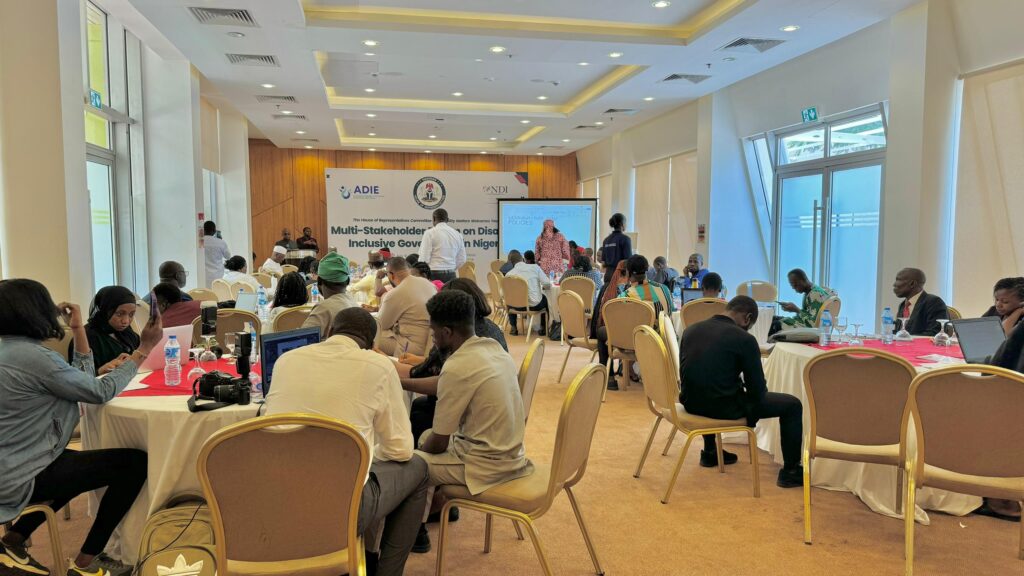
2. **Accessibility and Infrastructure:** It is imperative that our public and private infrastructures are designed to be accessible to all. This includes buildings, transportation systems, and digital platforms. Government and private sector collaboration is crucial in investing in and maintaining accessible infrastructures.
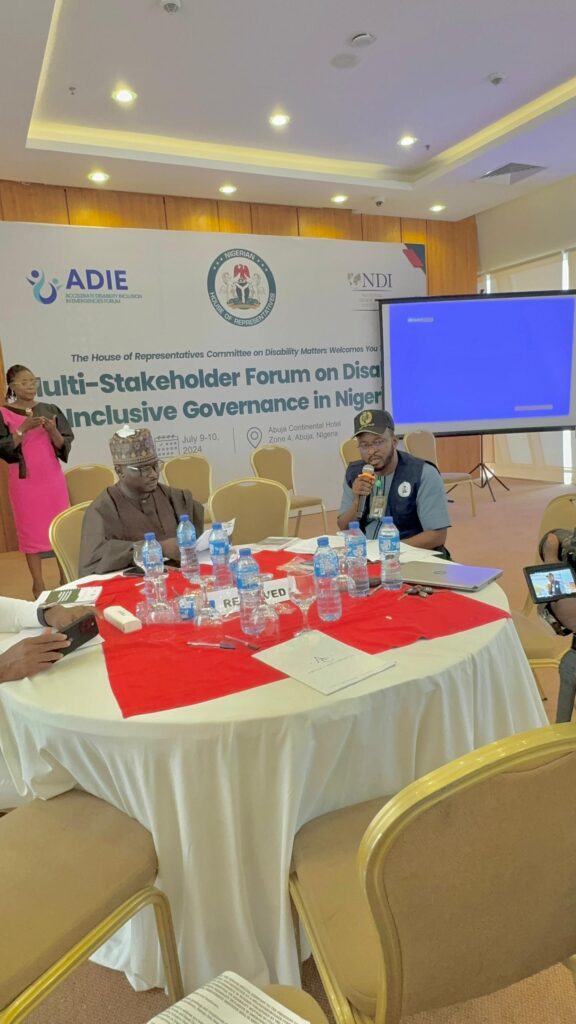
3. **Economic Empowerment:** Providing PWDs with equal opportunities in employment, entrepreneurship, and vocational training is essential. We must create and implement policies that encourage the inclusion of PWDs in the workforce and support their entrepreneurial endeavors through grants, loans, and other financial instruments.
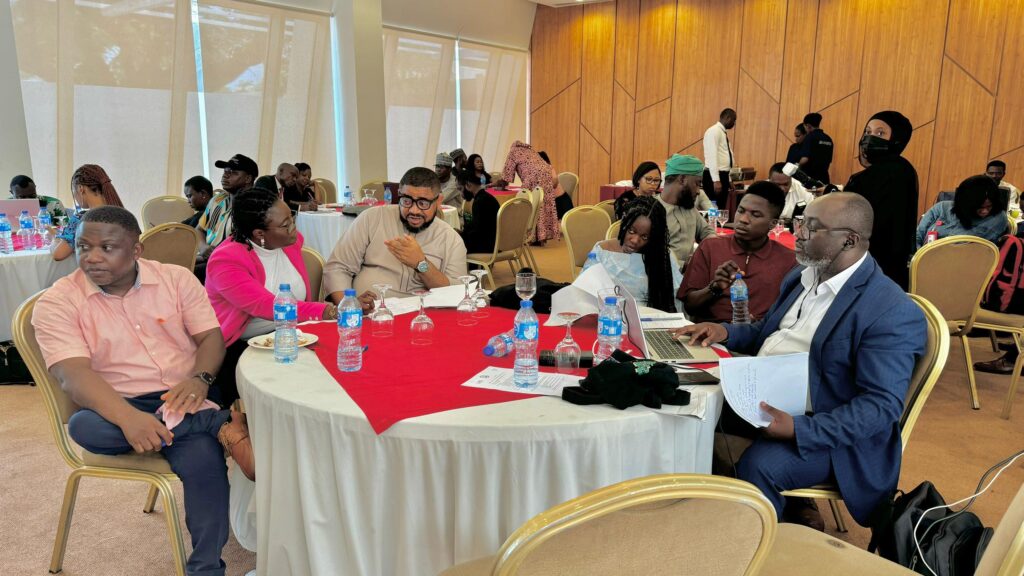
4. **Education and Awareness:** Education is a powerful tool for inclusion. We need to ensure that educational institutions are inclusive and accessible to PWDs. Additionally, raising awareness about the rights and capabilities of PWDs among the general public, employers, and service providers is crucial to eliminating stereotypes and fostering a culture of inclusion.
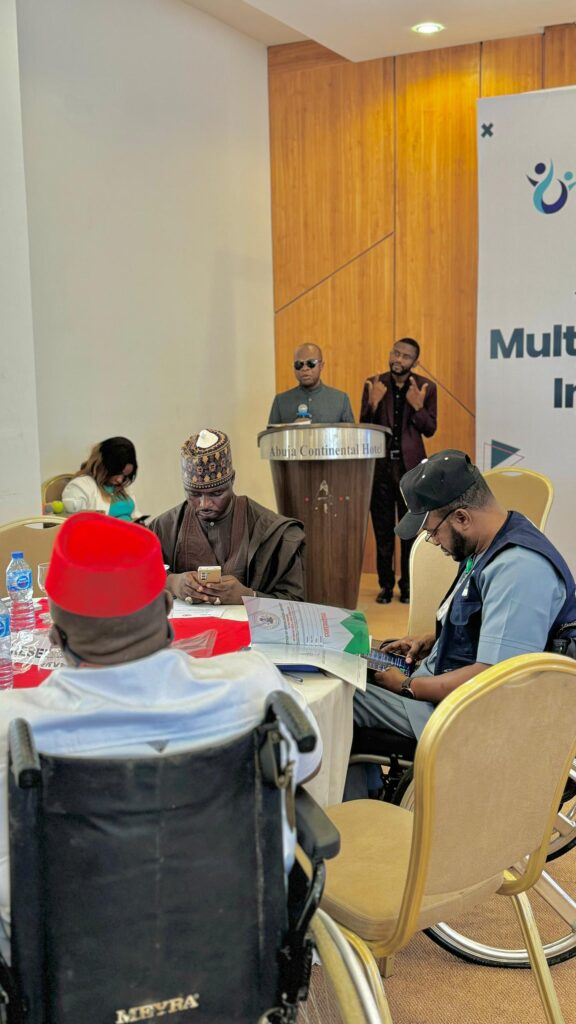
5. **Healthcare and Social Services:** Access to quality healthcare and social services is a fundamental right for all, including PWDs. Our healthcare systems must be equipped to meet the specific needs of PWDs, ensuring they receive the care and support they require without discrimination.
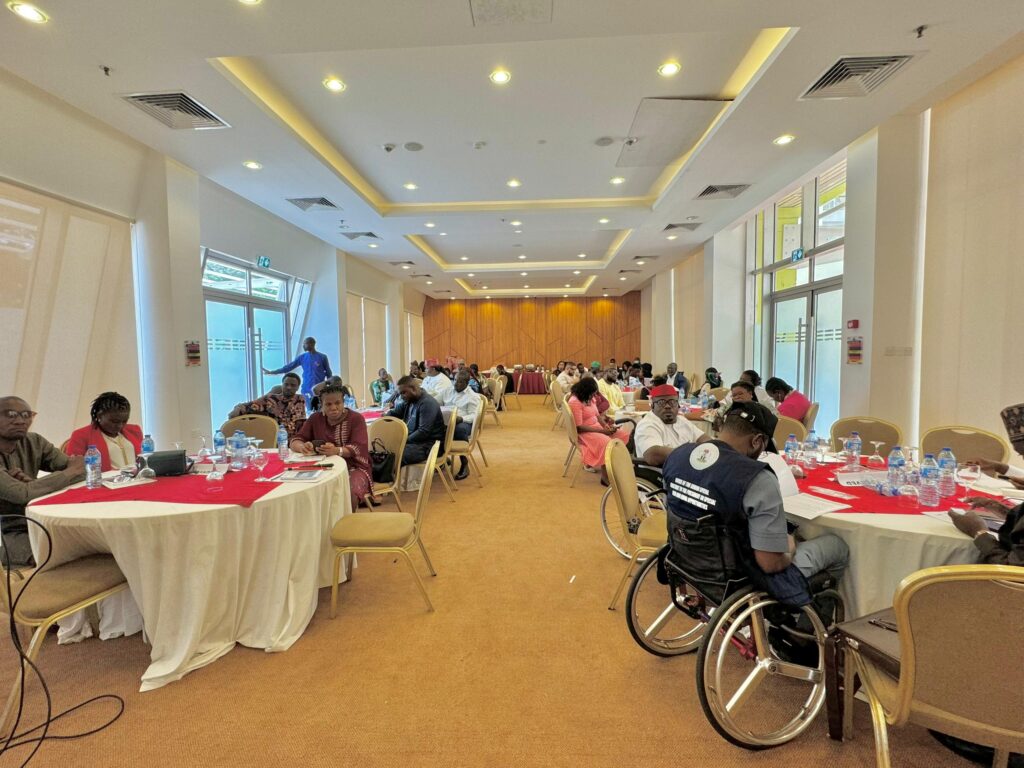
6. **Community and Stakeholder Engagement:** Building an inclusive society requires the active participation of all stakeholders, including government, civil society, the private sector, and the communities themselves. We must work collaboratively to create platforms for dialogue, feedback, and partnership, ensuring that the voices of PWDs are heard and respected.
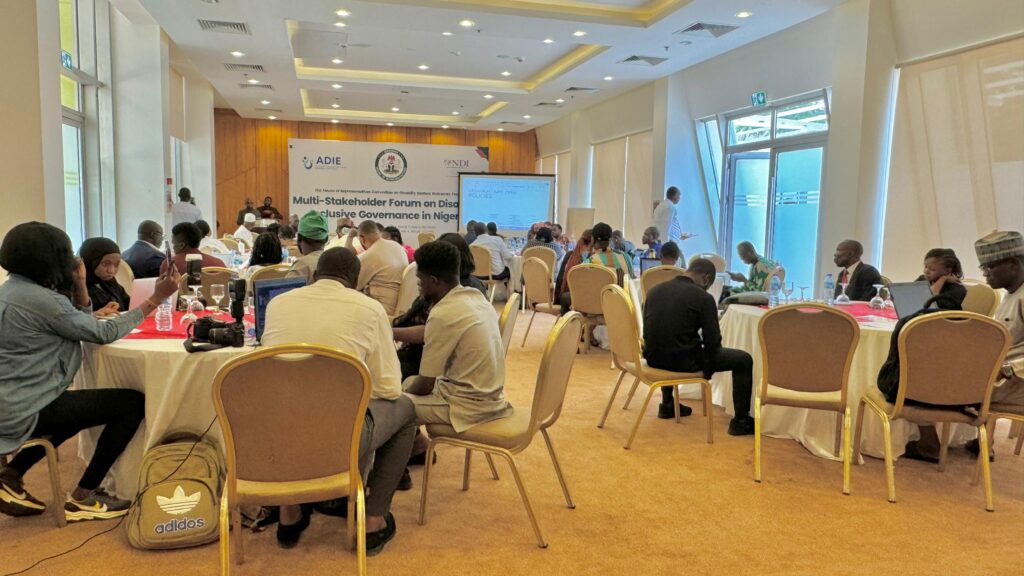
He maintained that by focusing on these key areas, the government, along with non-state actors, can take meaningful steps towards ensuring that the governance process in Nigeria is truly inclusive, particularly in addressing the needs and aspirations of Persons with Disabilities.
Speaking on the forth coming Beyond Disability Project, the presidential aide stated that the project which shall be launched by Mr President on July 22 at the State House Banquet Hall, Aso Villa aims to empower over 5000 talented Persons With Disabilities through talent and skill development, and has the potential of creating over 36,551 job opportunities for PWDs in Nigeria at the implementation stage.
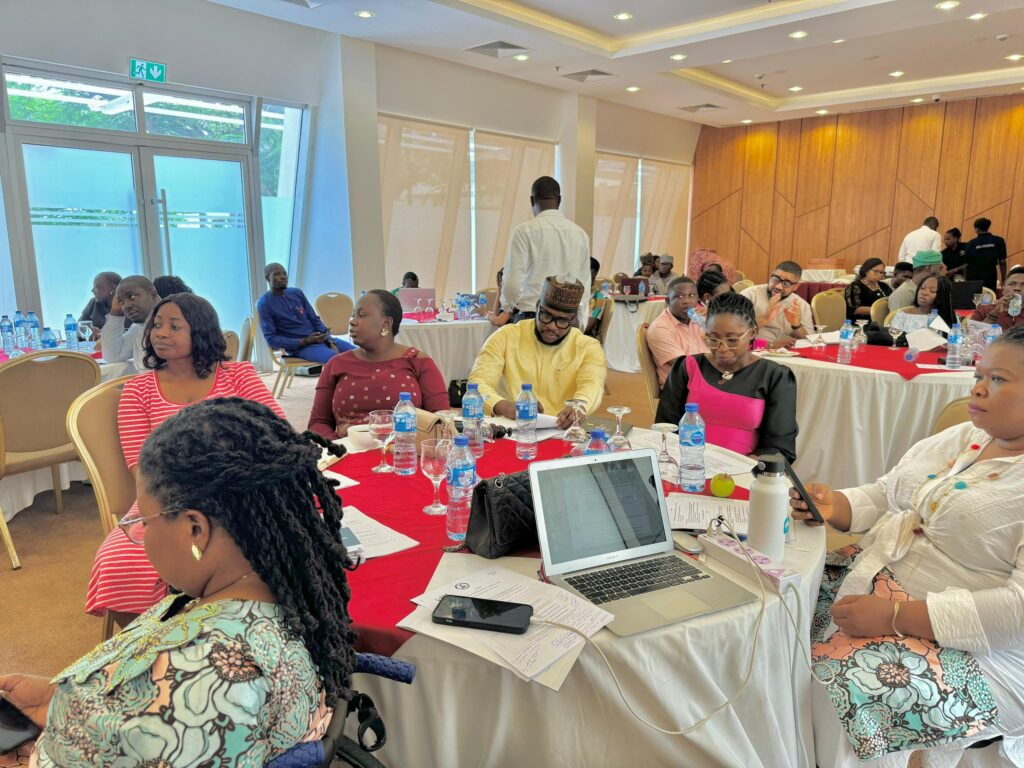
He added that the project will provide training, mentorship, and resources for persons with disabilities to unlock their full potential and contribute meaningfully to Nigeria’s economy.
Xxxxxxxxxxxxxxxxxxxxxxxxxxxxxxxx
